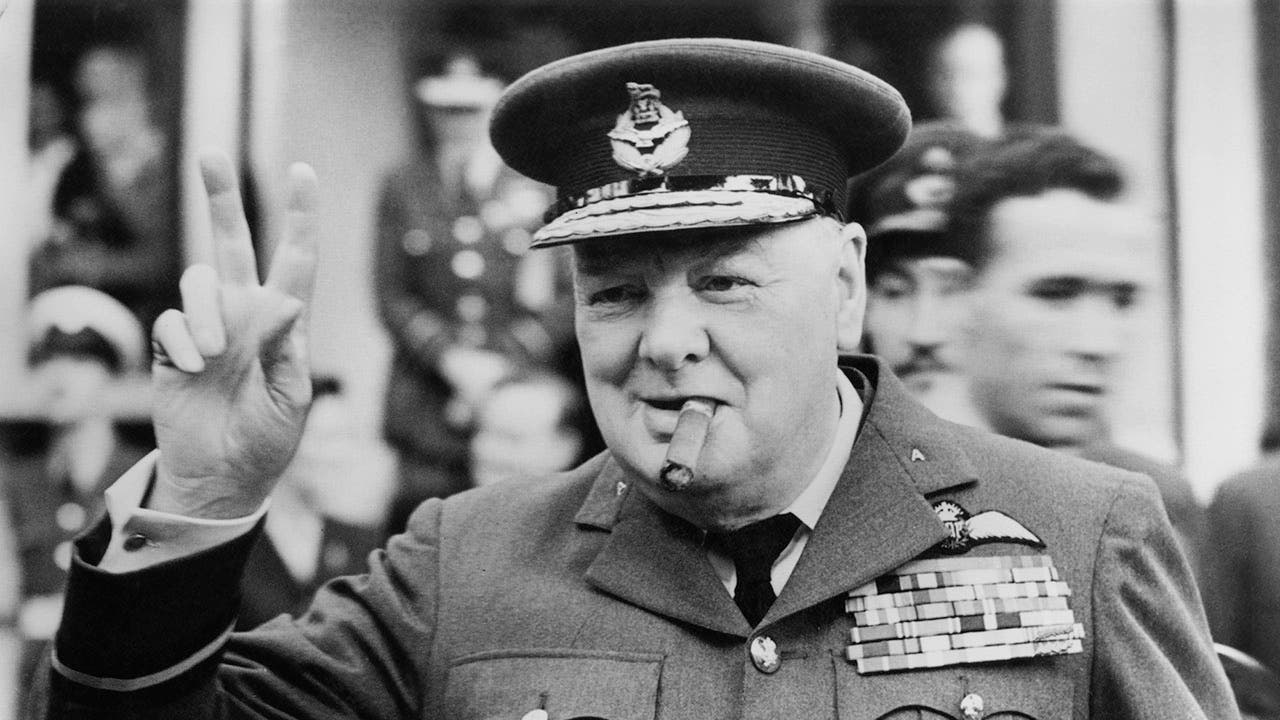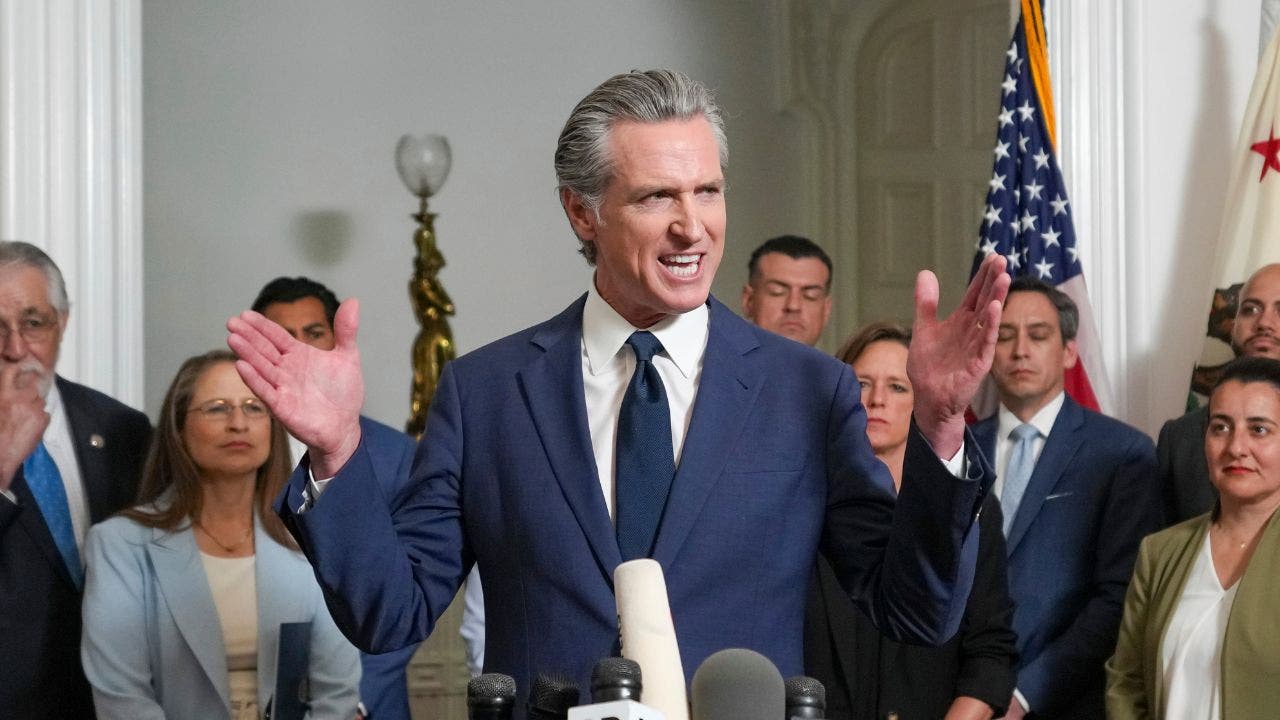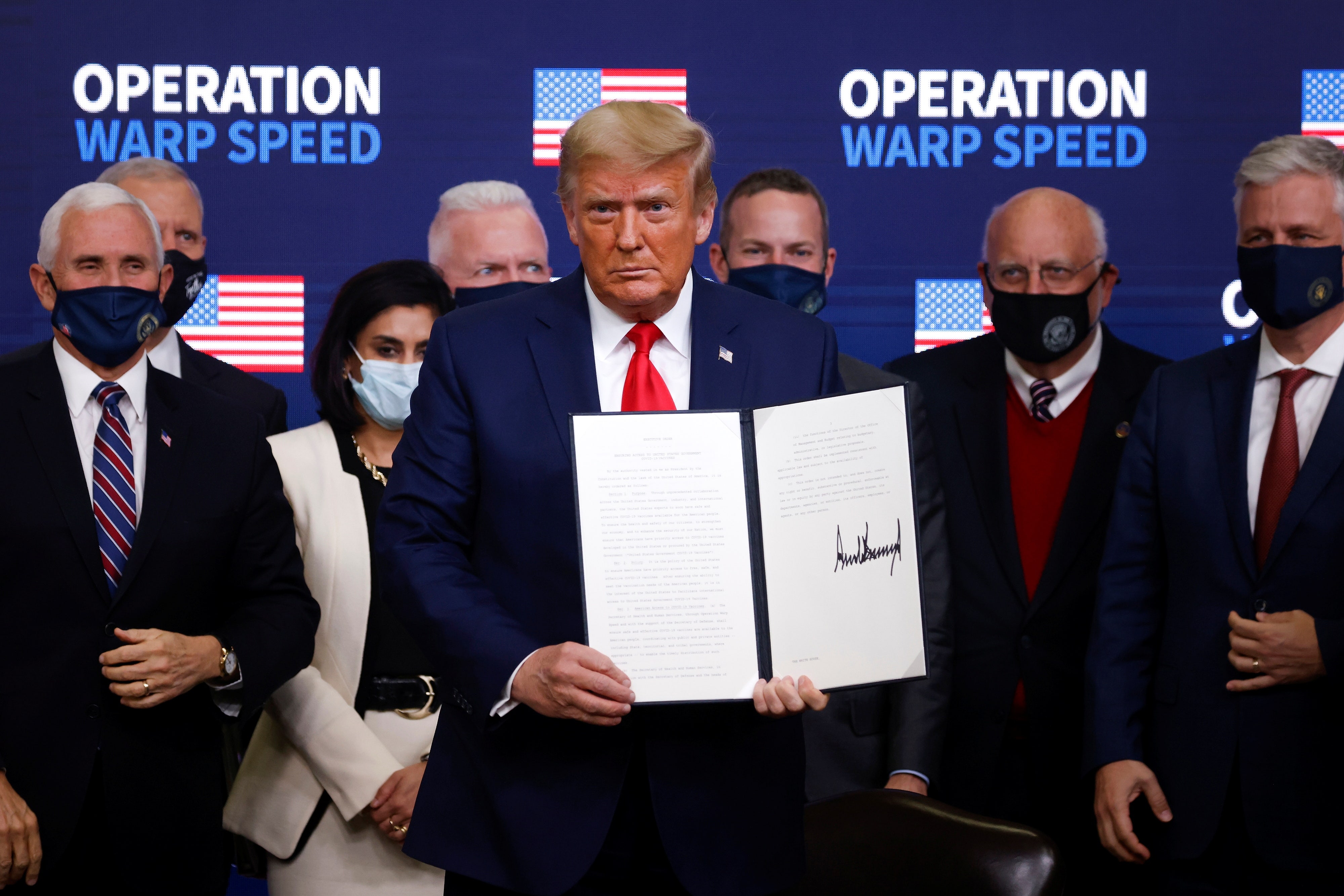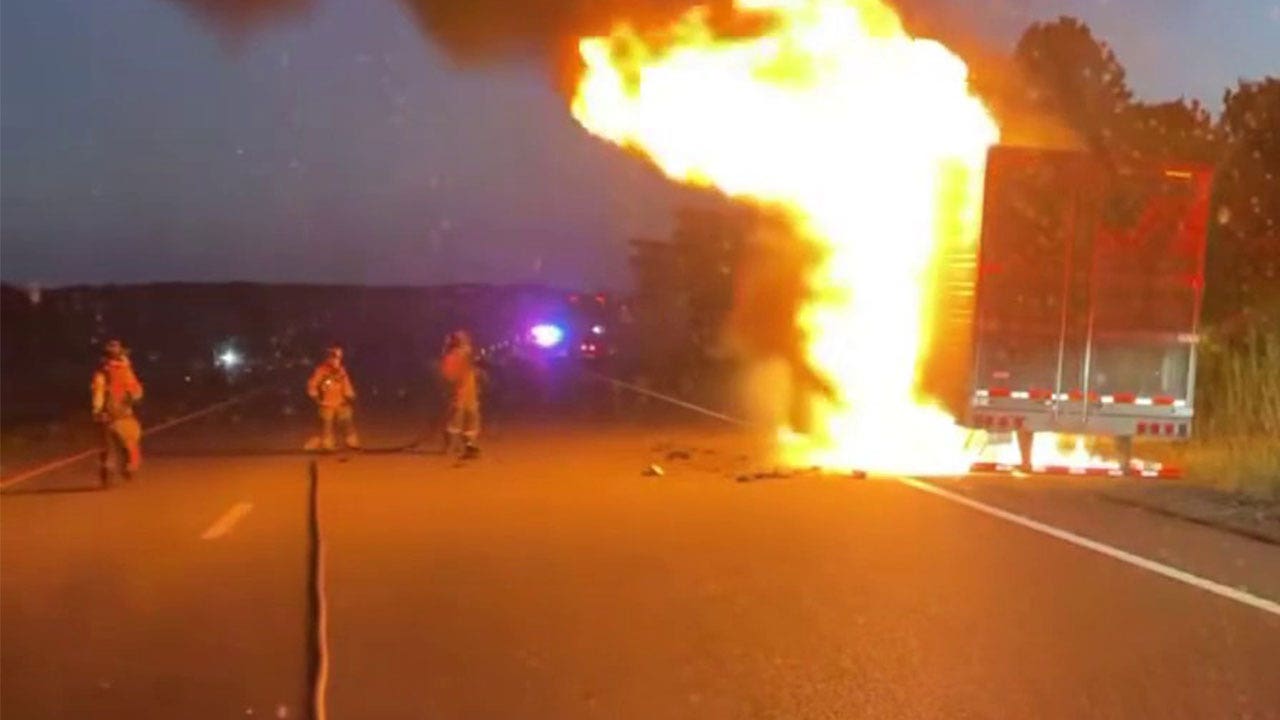
Nhlanhla Mkhwanazi, Mbuyiseli Madlanga and Senzo Mchunu.
Felix Dlangamandla/Gallo Images Darren Stewart/Gallo Images Mlungisi Louw/Gallo Images
- The Madlanga Commission of Inquiry into criminality, political interference and corruption will begin on 1 September.
- The commission has also found an office and will be based in the Bridgette Mabandla Justice College in Pretoria Central.
- The hearings will also take place at the same venue.
The Madlanga Commission of Inquiry into criminality, political interference and corruption in the criminal justice system will begin its hearings in September, commission spokesperson Jeremy Michaels said on Wednesday.
“We are pleased to announce the hearings will commence on 1 September. It is expected that the first hearing will be held in public,” Michaels said.
He added that the commission will be based in Pretoria and that they would not be paying for the venue.
“The Commission also confirmed that, having explored and considered several options in Gauteng, it has determined that its office will be located at the Bridgette Mabandla Justice College in central Pretoria.
“The venue is available to the commission free of charge,” Michaels said.
He added that the Department of Justice and Constitutional Development, which is assisting with procuring the Commission’s requirements, “is hard at work to ensure that hearings will commence as scheduled”.
“Likewise, the Department of Public Works and Infrastructure is attending to alterations that will make the venue fit for purpose,” he added.
The Madlanga Commission is named after its chairperson, Justice Mbuyiseni Madlanga, with the inquiry established on 23 July.
With a distinguished panel of senior legal and investigative experts supporting him, Madlanga is tasked with examining whether organised criminal syndicates have infiltrated institutions like the South African Police Service (SAPS), the National Prosecuting Authority (NPA), metropolitan police forces, and even the judiciary.
Alarming claims by KwaZulu-Natal Provincial Police Commissioner Nhlanhla Mkhwanazi served as the catalyst for the inquiry.
Mkhwanazi detailed the workings of a shadowy syndicate allegedly controlling politicians, law enforcement officials, prosecutors, and judicial officers – all under the command of a powerful drug cartel.
READ | Madlanga inquiry says R147.9m budget ‘adequate’ but hints investigation may expand
These allegations have sparked outrage, leading to widespread calls for transparency, justice, and reform. Political analysts have described the Madlanga Commission as a crucial test for South Africa’s democratic resilience, particularly in addressing corruption at its deepest roots.
In addition to investigating these grave allegations, the commission will assess the effectiveness of existing anti-corruption laws and institutions. It aims to propose reforms grounded in the recommendations of prior landmark inquiries, like the Zondo Commission, which highlighted the need for stronger and more independent anti-corruption frameworks.
.png)
 German (DE)
German (DE)  English (US)
English (US)  Spanish (ES)
Spanish (ES)  French (FR)
French (FR)  Hindi (IN)
Hindi (IN)  Italian (IT)
Italian (IT)  Russian (RU)
Russian (RU) 






Comments